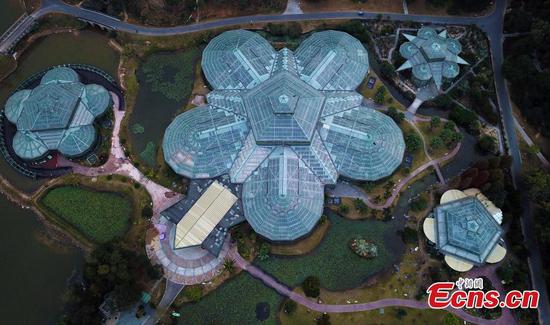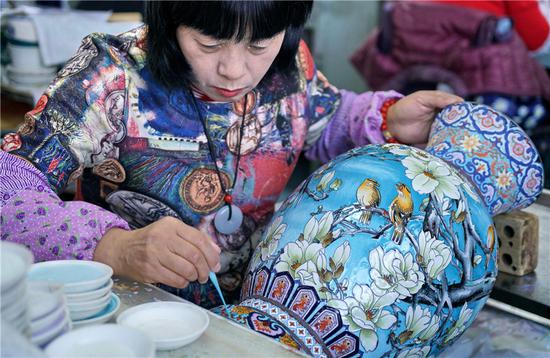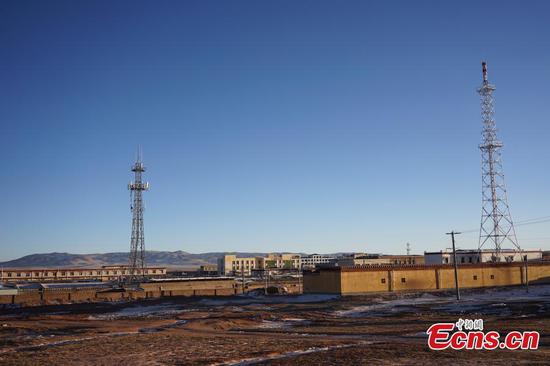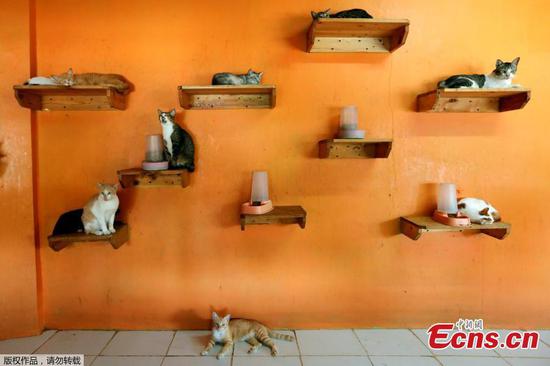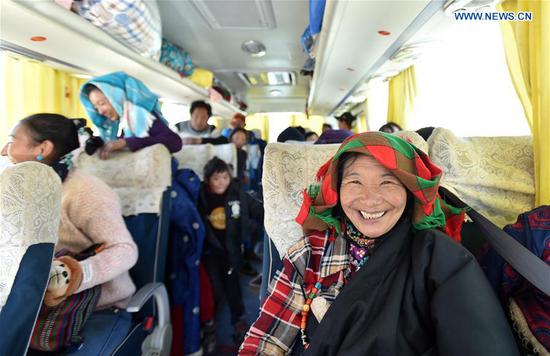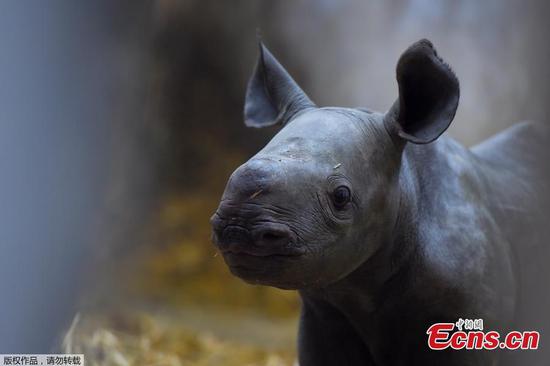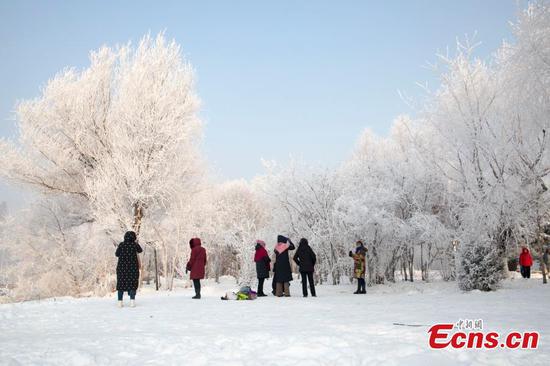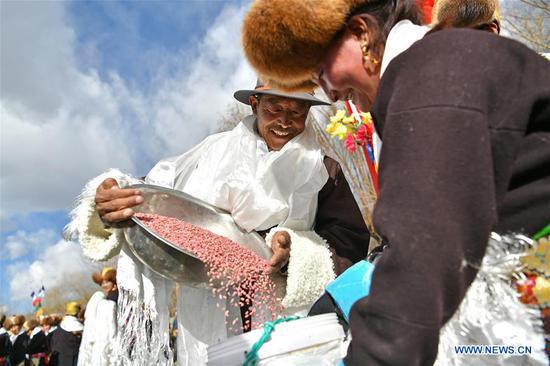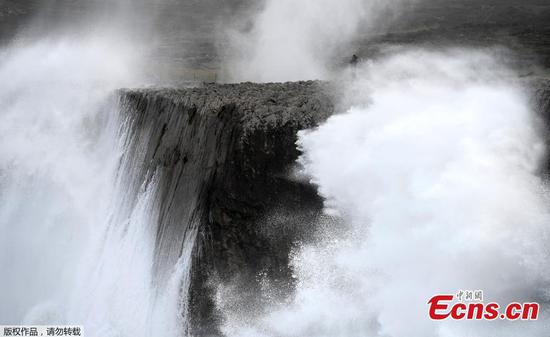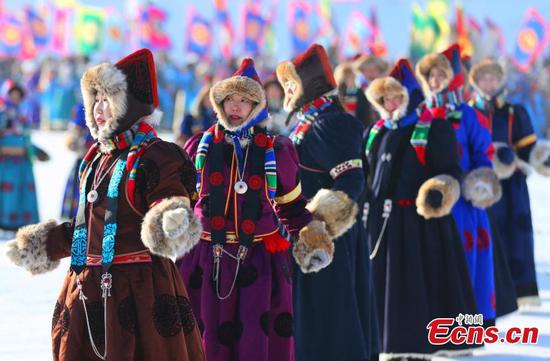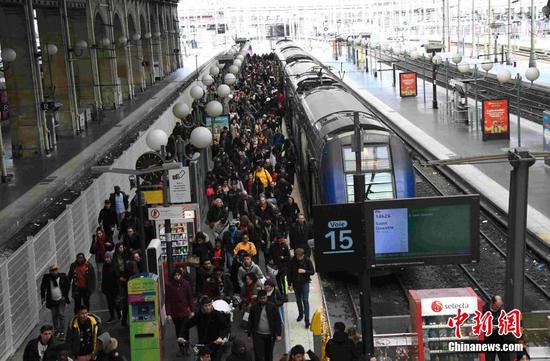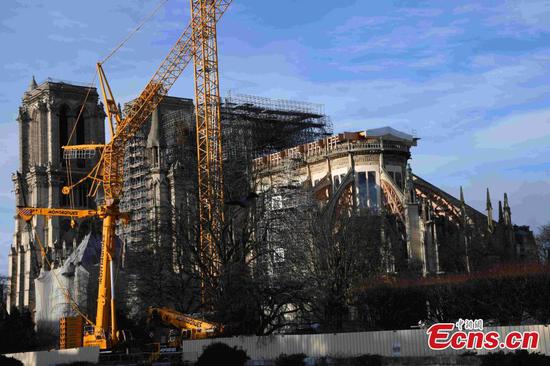State Council seeks to improve urbanization, freedom of movement
The State Council Wednesday issued opinion documents that call for the cancellation of hukou restrictions in all Chinese mainland cities with fewer than 3 million permanent residents.
Hukou restrictions will be relaxed in cities with 3-5 million permanent residents and the system will be improved and simplified in major first- and second-tier cities.
The issuance of the documents follows a recommendation in April by the state planner, the National Development and Reform Commission, to scrap restrictions on rural residents of cities with populations of between 1 million and 3 million.
A vestige of the planned economy, the hukou system assigns each Chinese resident a jurisdiction of residence that determines their access to education, motor vehicles and a vast array of social welfare services.
The State Council documents showed the central government was reforming China's hukou system to conform to the country's new pattern of urbanization, Yan Yuejin, a research director at E-house China R&D Institute in Beijing, told the Global Times on Wendesday.
These measures would stimulate housing demand in prefecture-level cities, Yan said.
They were designed to promote population flow, and they will also release new housing demand, which will help vitalize the real estate market in 2020, according to Yan.
The effect would be most obvious in cities with a population of less than 3 million, he said.
By November, all the 31 provincial-level regions across China had rolled out policies to reform the hukou system.
City governments are reforming the system to allow those confined to a rural hukou to obtain a much-prized urban hukou.
In a bid to improve freedom of movement and promote urbanization, China was moving toward relaxation of hukou restrictions for the rural residents of the smallest cities, Gu Jun, a Shanghai University sociology professor, told the Global Times on Wednesday.
Municipalities such as Beijing and Shanghai could also lower their restrictions, Gu noted.
In its documents, the State Council also called for promotion of labor talent flow including subsidies and high pay for college graduates willing to work in remote areas.
Governments of smaller or more remote regions have deep-rooted difficulties in attracting and retaining talented human resources due to their insufficient industrial development and weak capacity to offer financial support, Gu noted.
He called for more specific, detailed measures to attract such talent to the remote and poorer areas.










